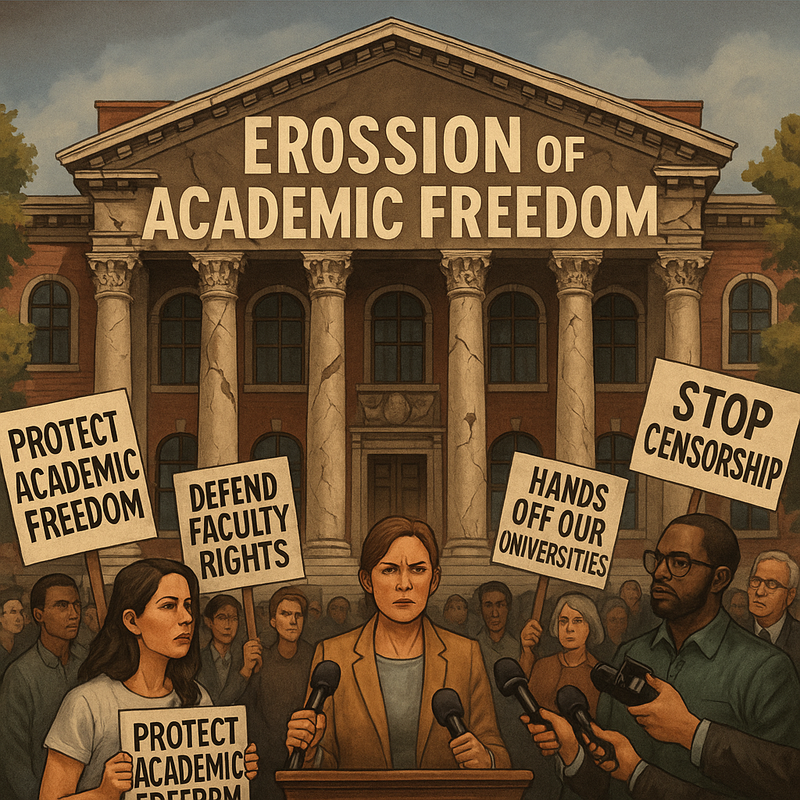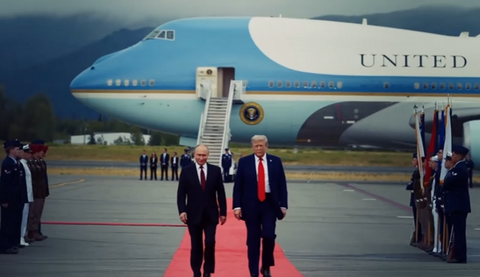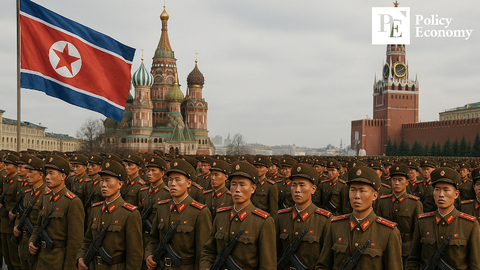Trump’s Crackdown on U.S. Universities Spurs Brain Drain, Draws Sharp Rebuke from European Leaders
Input
Changed
A growing exodus of U.S. scholars and scientists under President Trump. European leaders expands research support and streamlining immigration to welcome displaced talent. A potential power realignment in global academia, as the U.S. risks losing its long-held position as the leading hub for innovation and research.

A growing number of U.S. scholars and scientists are preparing to leave the country, citing political interference, funding cuts, and threats to academic freedom under President Trump. European leaders have responded by expanding research support and streamlining immigration to welcome displaced talent. This shift signals a potential power realignment in global academia, as the U.S. risks losing its long-held position as the leading hub for innovation and research.
The Erosion of Academic Freedom in the U.S.
In a stunning reversal of global academic trends, the United States—the traditional epicenter of research innovation and higher education—now faces the very real prospect of a brain drain. Leading scholars and scientists are preparing to leave U.S. institutions, driven by what many describe as a hostile political climate under President Donald Trump’s administration. This development has not only alarmed the American academic community but has also prompted strong reactions from European leaders, who are positioning their countries as safe harbors for displaced intellectual talent.
The shift in tone was unmistakable last week as European Commission President Ursula von der Leyen and French President Emmanuel Macron publicly criticized the Trump administration’s intensifying campaign against American universities. Referring to it as a “gigantic miscalculation,” both leaders warned that undermining academic independence and scientific inquiry could have long-lasting consequences—not only for the United States but for the world.
Their statements were not mere political theater. They came paired with tangible initiatives. Macron and von der Leyen announced coordinated efforts to expand research budgets and simplify immigration pathways for international academics, especially those seeking to exit the U.S. due to growing political interference and resource cuts.
The Trump administration's recent actions against American universities have included significant cuts to federal research funding, particularly in fields like climate science, public health, and social studies. In parallel, university administrators are facing mounting pressure to align campus policies with politically driven agendas—often in direct opposition to the values of academic freedom.
Professors and scientists report growing scrutiny over research topics, mandatory curriculum changes pushed by ideological campaigns, and fears of reprisal for speaking out. In several high-profile cases, faculty members have been publicly denounced for supporting positions at odds with the administration’s stance. Meanwhile, certain public universities have seen state-level interventions meant to reshape their hiring and tenure practices.
The net effect is a chilling atmosphere across U.S. academia, where once-renowned institutions are now navigating turbulent waters. Some faculty have begun quietly exploring opportunities abroad, while younger researchers—postdoctoral fellows and PhD graduates—are considering bypassing the American university system altogether.
Europe Steps Up
Recognizing both the moral imperative and strategic advantage, Europe is responding with open arms. Macron, speaking from the Élysée Palace, said, “The world’s scientists should never be forced to choose between truth and survival. France will ensure they never have to.” He introduced a national initiative to provide fast-tracked research visas and competitive grants to attract scientists seeking stability and support.
Von der Leyen took the message further. “When knowledge is suppressed, we all suffer. But when freedom to discover is nurtured, all of humanity advances,” she said during a European Commission address. She unveiled a €500 million continental fund dedicated to supporting incoming researchers, providing them with resources, lab space, and collaborative opportunities within EU institutions.
The proposal includes coordination between European nations to create shared infrastructure, cross-border academic appointments, and joint ventures in key research areas—from renewable energy to artificial intelligence. There is also talk of establishing a “Scholars at Risk” program to formalize relocation pathways for U.S.-based academics.
For decades, the United States has been the dream destination for scientists, innovators, and intellectuals. From the Manhattan Project to the Human Genome Project, American universities have led the world in research breakthroughs. That dominance was powered not just by funding and infrastructure, but by a culture of openness and respect for inquiry.
Now, that equation is shifting. European universities, once overshadowed by their U.S. counterparts, are seeing an influx of applications and interest from top-tier talent. Institutions in Germany, France, the Netherlands, and Scandinavia are expanding capacity and fast-tracking programs to welcome new scholars.
The United Kingdom, despite its own recent political disruptions, is also ramping up efforts. With new funding mechanisms and global outreach campaigns, British universities are rebranding themselves as champions of intellectual liberty.
This repositioning is not just about sentiment—it’s about competition. University rankings, publication output, and research patents all hinge on access to the world’s best minds. As the U.S. appears to be pushing many of those minds away, Europe is eager to claim them.

American Brain Drain: No Longer Unthinkable
Historically, the concept of a “brain drain” from the United States was almost inconceivable. America, with its vast resources and culture of innovation, was the magnet. But now, in academic circles, the conversation has shifted dramatically.
Recent surveys of university faculty suggest a growing number are actively considering leaving the U.S. within the next five years. The reasons vary—concerns about political interference, threats to tenure protections, research constraints, or simply the erosion of intellectual respect—but the trend is undeniable.
Several high-profile scientists have already announced their departures. A noted epidemiologist from a major Midwest university accepted a position in Berlin, citing “institutional silence in the face of political intimidation” as a key factor. A computer science team from California recently relocated to the Netherlands, bringing both grant money and a prestigious project with them.
Even students are beginning to reassess their plans. European graduate programs report a significant uptick in applications from U.S. citizens, especially in STEM fields. These students are citing not only lower tuition but also a more welcoming research climate abroad.
The irony in all of this is glaring. At a time when the global challenges—from pandemics to climate change—demand more collaboration and open science, the U.S. is turning inward, constricting the very institutions that have historically served as engines of progress.
Critics of the Trump administration’s university policies argue that this isn’t just an attack on academia—it’s a dangerous gamble with the future. They warn that the hollowing out of intellectual infrastructure today will yield deficits in innovation, competitiveness, and global leadership tomorrow.
Meanwhile, Europe is playing a long game. By opening its doors and investing in talent, it is laying the foundation for a new academic renaissance—one that could tilt the axis of global knowledge production for generations.
President Trump may have intended to reassert control over what he views as ideologically misaligned institutions. But in doing so, he may have unintentionally weakened one of America’s greatest strategic advantages: its unrivaled ability to attract, nurture, and retain the best minds from around the world.
As Europe embraces the role of academic sanctuary, the world watches to see whether the U.S. can correct course—or whether it will, for the first time in modern history, become a source rather than a destination in the global migration of ideas.





















